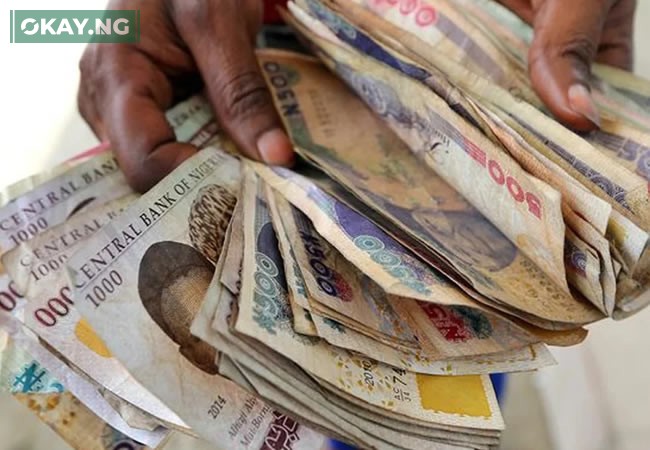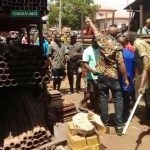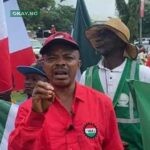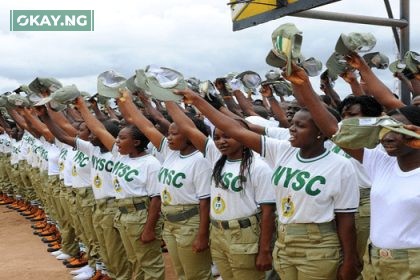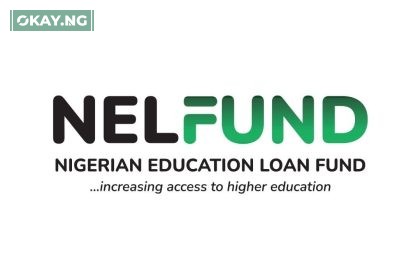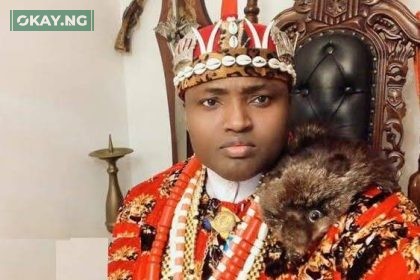In a bid to strengthen Nigeria’s conditional cash transfer programme, the Federal Government has initiated a revalidation exercise of the National Social Register. This move is part of the National Social Safety Nets project aimed at ensuring that the cash transfers reach only eligible households affected by recent economic reforms.
Director General of the National Identity Management Commission (NIMC), Abisoye Coker-Odusote, announced at a recent press briefing in Abuja that 2.3 million households have been successfully revalidated and are set to receive payments soon. The revalidation process is vital to preventing fraud and ensuring accurate targeting of beneficiaries.
The exercise follows criticism from the World Bank, which highlighted the slow implementation of the cash transfer programme launched in 2023 after the removal of petrol subsidies and the unification of the foreign exchange market. According to the World Bank’s Nigeria Development Update report, “Building Momentum for Inclusive Growth,” only 37 percent of the targeted 15 million households-about 5.6 million-have received payments two years after the programme’s inception.
The World Bank has committed $800 million to the programme, with $530 million disbursed as of April 30, 2025. The bank stated, “Only 5.6 million households-around 37 per cent-have received at least one tranche of direct transfers. Further expansion of the programme remains dependent on biometrically verifying at least one adult member of the household with a foundational digital identity. Also, efforts to urgently provide support to the poorest and most economically at-risk households should be redoubled and expanded.”
Coker-Odusote emphasized the importance of biometric verification in the process, noting, “We don’t want to pay people who no longer exist in this world. So, the right thing must be done… ensuring there is a verifiable source of truth and identity credentials that you can use to validate the identity of someone.”
Special Adviser to President Tinubu on Economic Affairs, Tope Fasua, explained that the biometric validation requirement accounts for the slow progress. “If you know how the World Bank disburses its funds, they are very careful… The reason why only 37 per cent of households have been reached is because of the need to have biometric confirmation,” he said, urging patience and emphasizing the need for transparency.


